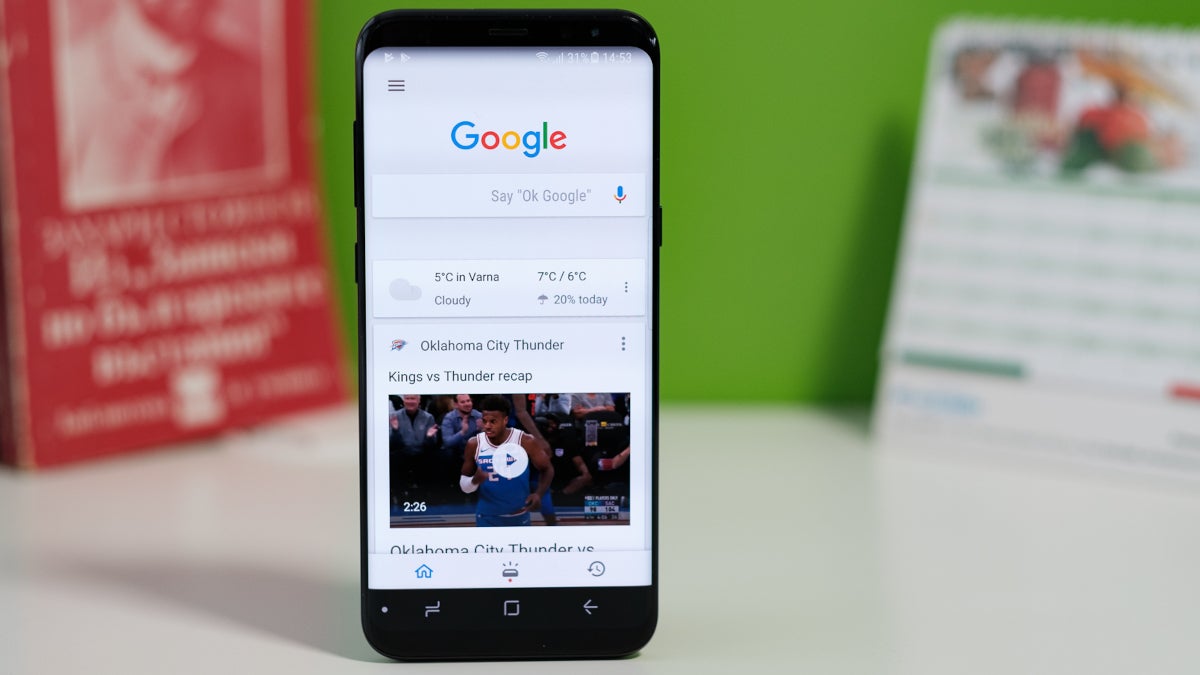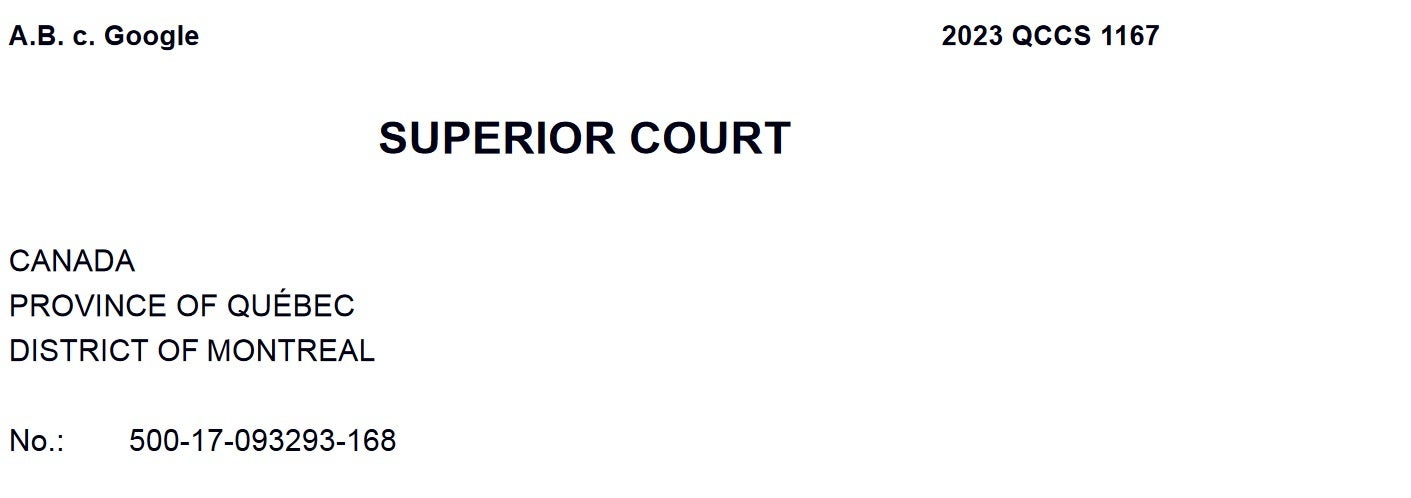Judge orders Google to pay a man $500k after search results falsely accused him of a serious crime

When a man described as a "prominent businessman" in the U.S. and Canada at the "pinnacle of the commercial real estate brokerage world" found that several clients wouldn't do business with him, he decided to Google himself to find out if something spooked them from dealing with him. He did this in April 2007 and discovered that a website called "RipoffReport.com wrote a report in April 2006 which falsely called him a con man who was "convicted of child molestation in 1984."
Google is ordered to pay a businessman $500,000 for incorrectly interpreting Canadian law
The founder of the website refused to take down the post and demanded that the businessman prove that he was never charged with the crime. Last month, according to Ars Technica, a Quebec Supreme Court judge ruled that Google must pay the fellow $500,000 (Canadian, we assume, which equals a little over $370,400 U.S. Dollars). According to Judge Azimuddin Hussain, Google made a mistake in interpreting Canadian law when it refused to remove the erroneous post connected to the man's name.

A judge in Canada orders Google to pay $500,000 for an incorrect interpretation of Canadian law
In his decision, which was released on March 28th, Judge Hussain wrote, "Google variously ignored the Plaintiff, told him it could do nothing, told him it could remove the hyperlink on the Canadian version of its search engine but not the U.S. one, but then allowed it to re-appear on the Canadian version after a 2011 judgment of the Supreme Court of Canada in an unrelated matter involving the publication of hyperlinks."
In Canada, an action must be brought by the victim of a false online accusation within one year after it is published regarding when it is first spotted by the victim. So instead, the businessman turned to Google to, at the very least, make the post harder to discover. Google at first said that it was not obligated to remove the link under Section 230 of the Communications Decency Act in the U.S. which says that a company like Google is not liable for third-party content.
But Google took things a little too far. Citing the Canada-United States-Mexico free trade agreement, Google incorrectly said that the law in Quebec that would have forced Google to remove the content as soon as it became aware of it did not apply because it was in conflict with the aforementioned Section 230 of the U.S. Communications Decency Act. The judge didn't go along with that thinking, but he did not order that Google pay the plaintiff the $6 million he was asking for which included punitive damages.
The plaintiff was awarded $500,000 for moral injuries. He was not awarded punitive damages, said the judge, since Google had acted in good faith when it ignored the man's requests to take down the posts because it thought it was legally allowed to do so. Still, the judge described the plaintiff's experience as a "waking nightmare," and noted that because of Google's refusal to remove the "defamatory posts," the plaintiff "found himself helpless in a surreal and excruciating contemporary online ecosystem as he lived through a dark odyssey to have the defamatory post removed from public circulation."
Google was also ordered to remove the defamatory post on search results that appear in Quebec
Not only did the businessman lose clients and potential deals, his personal relationships suffered because of the false online claims that he was a pedophile. And one of his sons had to distance himself from his father because he too worked in real estate.
The judge ruled that the businessman's identity can not be released by Google for 45 days although that ruling can be appealed. More importantly, the judge did rule that Google must remove all links to the defamatory post in search results viewable in Quebec. The judge also said that he does not see his ruling leading the way to more lawsuits seeking to force Google to remove certain links to defamatory posts.
The judge wrote, "However, the conclusion of the Court in the present judgment finding liability on the part of Google does not open the floodgates to defamation litigation against it or other Internet intermediaries."
Follow us on Google News











Things that are NOT allowed:
To help keep our community safe and free from spam, we apply temporary limits to newly created accounts: